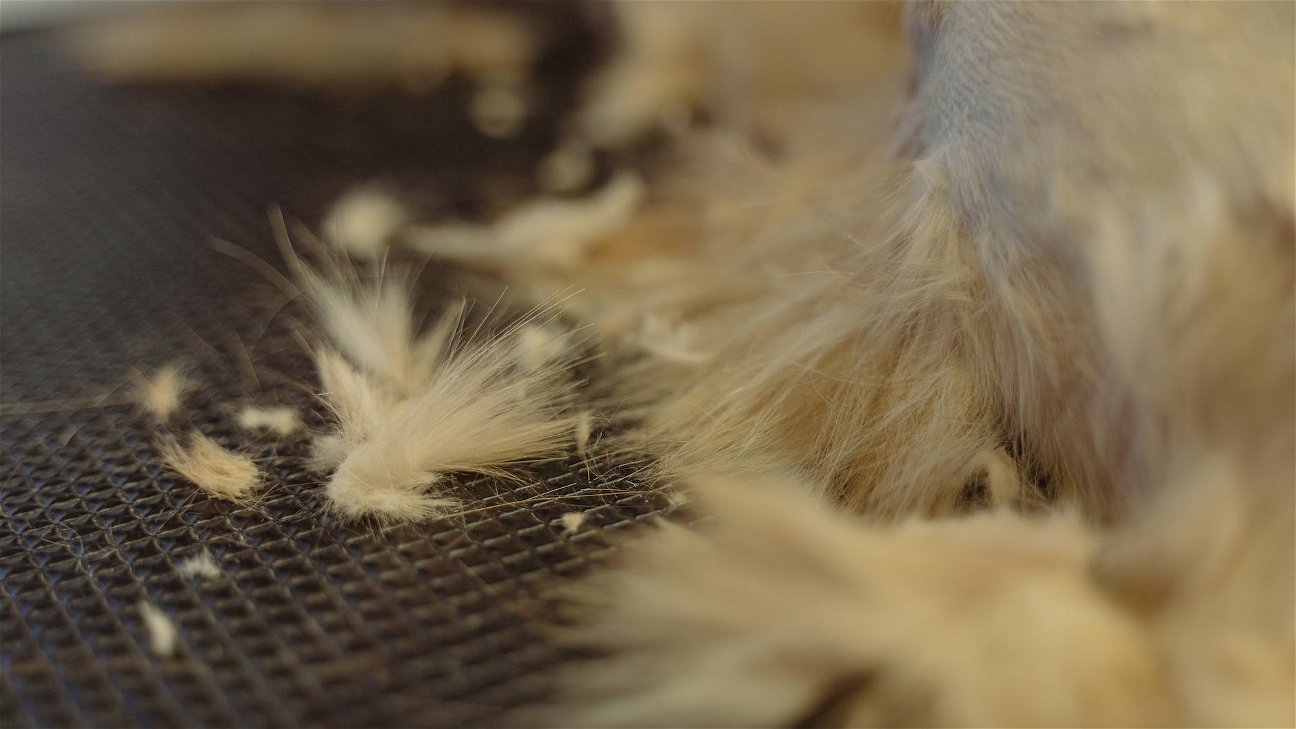
If you've ever had a pet with a flea or tick problem, you know how difficult it can be to eradicate these pests. Fleas and ticks can cause a host of health problems for your pets, from itchiness and discomfort to serious illnesses like Lyme disease. It's always better to prevent these pests in the first place. Here, we've gathered a list of essential tips to help you keep your pets, home, and yard free from fleas and ticks.
Understand the enemy
Before you can effectively prevent fleas and ticks, it's important to understand these pests. Fleas are tiny, wingless insects that survive by feeding off the blood of their hosts. Ticks, on the other hand, are arachnids that also feed on blood. Both can reproduce rapidly and infest your pet, home, or yard in a short time.
Regular veterinary check-ups
Regular check-ups with your vet are crucial. Your vet can provide important advice tailored to your pet's breed, size, and lifestyle. Plus, they can recommend specific flea and tick prevention products that are safe and effective.
Use flea and tick prevention products
There are numerous flea and tick prevention products on the market. This includes topical treatments, oral medications, collars, and sprays. It's essential to choose a product that's appropriate for your pet's age, weight, and species.
Here are some top flea and tick prevention products:
Maintain a clean home and yard
Fleas and ticks thrive in untidy environments. Regularly cleaning your home and grooming your yard can help prevent these pests. Vacuum frequently, wash pet bedding weekly, and keep your yard clear of debris and tall grass.
Natural flea and tick prevention
If you prefer natural methods, there are several ways to prevent fleas and ticks. Some pet owners use essential oils like lavender and cedar, while others prefer diatomaceous earth. Always consult with a vet before trying a natural prevention method to ensure it's safe for your pet.
Monitor your pet's behavior
Finally, monitoring your pet's behavior can help you spot a potential flea or tick problem early. Excessive scratching, red spots, or changes in behavior could indicate a flea or tick infestation. If you notice these signs, consult with your vet immediately.










